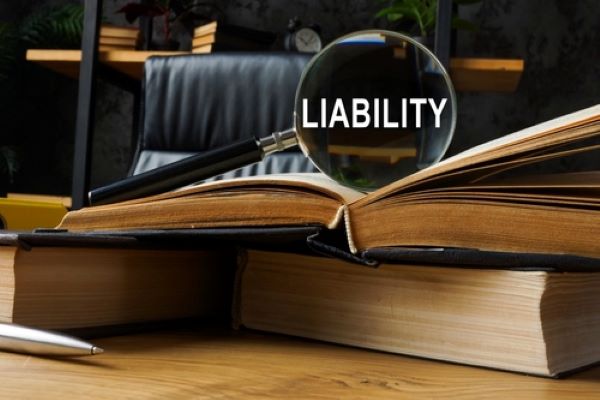 |
| By | May 3, 2022 |
Every year, people report fraud, identity theft and bad business practices to the Federal Trade Commission (FTC) and law enforcement partners. According to FTC data:

-
- More than 2.8 million people reported fraud in 2021.
-
- Of those who reported fraud, 1 out of 4 people also lost money.
-
- The median loss amount for scams that start with a call is$1,200-higher than any other contact method
Warning Signs
Here are some general red flags that the person on
the other end of a call or text is a scammer:

They pretend to be from a familiar organization.

They say there's a problem or a prize.

They pressure you to act immediately.

They tell you to pay in a specific way.
PROTECTING YOUR MONEY AND INFORMATION
Follow these seven tips from the FTC to avoid phone scams:
1. Block unwanted calls and texts through your phone company or mobile apps.
2. Register your number on the Do Not Call Registry.
3. Don't answer calls from unknown numbers and hang up immediately if you answer a robocall.
4. Never provide your personal or financial information in response to a request that you didn't expect over the phone.
5. Resist the pressure to act immediately based on a call or text, since a legitimate business will provide you ample time to decide or provide payment.
6. Don't click on any links in texts, even if the message is from a company you usually do business with and it seems real.
7. Talk to someone you trust after receiving a suspicious call or text, as doing so could help you realize it's a scam.
If you spot a scam or have given money to a scammer, you
can report it to the FTC by filing a consumer complaint
online or calling 1-877-FTC-HELP (382-4357).










